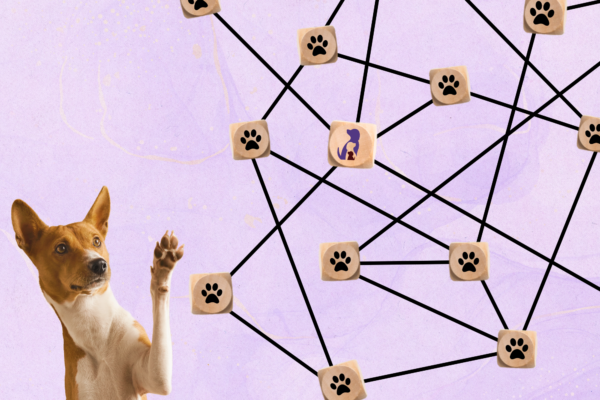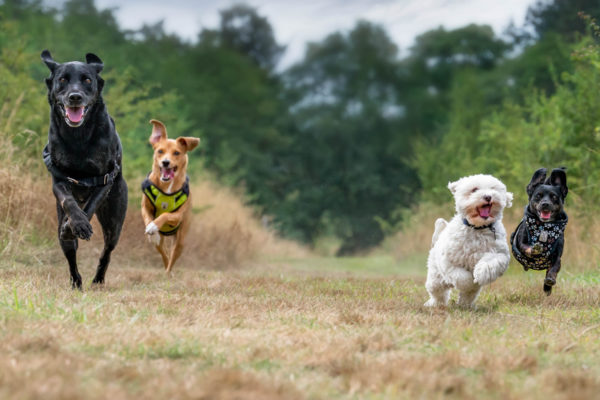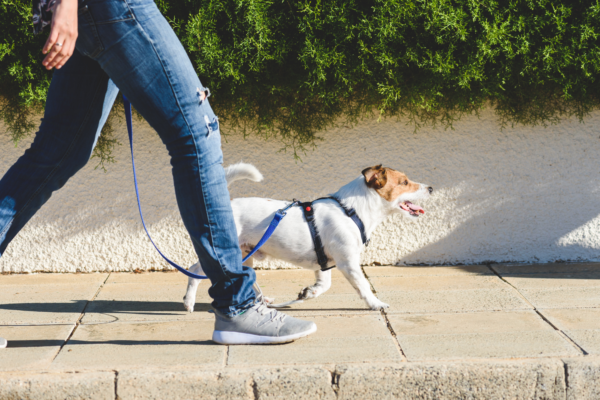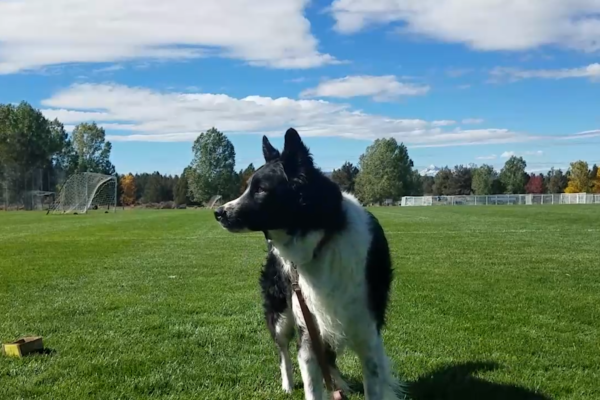Community Science

Our Funding is Diverse, Just Like Our Pack! (An Update)
Published on August 30, 2024We want to thank you, our loyal participants, for supporting the Dog Aging Project as…
Read More
“Life is a series of dogs.” – George Carlin
Published on March 28, 2024We’ve got some exciting news! If your Pack member is no longer a part of your household for any reason, you now have the opportunity to enroll a subsequent dog in the Dog Aging Project longitudinal observational study!
Read More
Standing out from the crowd: What makes the Dog Aging Project unique?
Published on October 24, 2023At its core, the Dog Aging Project is a long-term, longitudinal study looking at aging…
Read More
Scientific Results: A review of frailty instruments in human medicine and proposal of a frailty instrument for dogs
Published on August 14, 2023This paper is about frailty – a complex syndrome associated with aging that has become important in human healthcare and research. When humans experience loss of emotional and physical reserves, they are less able to bounce back from stressors. Frailty, even more than chronological age, is associated with increased risk of negative health outcomes and death. There are many different ways to measure or determine frailty in humans, and this paper gives a brief review of frailty in human medicine and research. Assessing frailty is important because while we cannot reverse chronological age, we can intervene to reduce or even reverse frailty. And hopefully, this will be true for dogs as well.
Read More
Canine Cognition: Introducing the Brain Health Study
Published on April 20, 2023The Brain Health Study is a nationwide study funded by the National Institute on Aging, a part of the National Institutes of Health, and is being conducted in collaboration with the Cornell University Veterinary Biobank to investigate the potential links between Alzheimer’s disease and a similar condition in dogs called canine cognitive dysfunction (CCD). CCD is a behavioral syndrome in older dogs that is defined by the development of symptoms similar to those observed in Alzheimer’s patients. This may include confusion, shifts in overall demeanor, or other changes in behavior that can dramatically affect our dogs’ quality of life. CCD may be as prevalent as 35% in dogs older than age eight.
Read More
Scientific Results: Demographic factors associated with joint supplement use in dogs from the Dog Aging Project
Published on September 12, 2022[vc_message message_box_color=”violet” icon_fontawesome=”fa fa-paw”]Posts in our Scientific Results series introduce recent papers published in the…
Read More
Scientific Results: Lifetime prevalence of malignant and benign tumors in companion dogs
Published on September 8, 2022Cancer is a disease that affects both humans and our dogs. Many cancers share similar features in both species and the etiology (set of causes) and the treatment can be similar in our furry companions. The DAP Pack presents a unique opportunity for researchers to explore the reasons why cancers occur in order to help both species live longer, healthier lives together.
Read More
Scientific Results: Living in a Disadvantaged Neighborhood is Associated with Reduced Dog-Walking
Published on September 6, 2022[vc_message message_box_color=”violet” icon_fontawesome=”fa fa-paw”]Posts in our Scientific Results series introduce recent papers published in the…
Read More
Scientific Results: Development and evaluation of a survey instrument to assess veterinary medical record suitability for multi-center research studies
Published on August 23, 2022In this paper, we describe how the Dog Aging Project developed, assessed, and refined our veterinary electronic medical records (VEMR) evaluation process. Two sequential studies were completed to determine what screening criteria could be used to determine if an uploaded VEMR was both a true medical record and was suitable for research analysis.
Read More
Inside the Canine Mind
Published on March 25, 2022While we’re a long way from being able to answer this question definitively, we have learned a tremendous amount about how dogs think, including the ways their minds are similar to, and different, from our own.
Read More